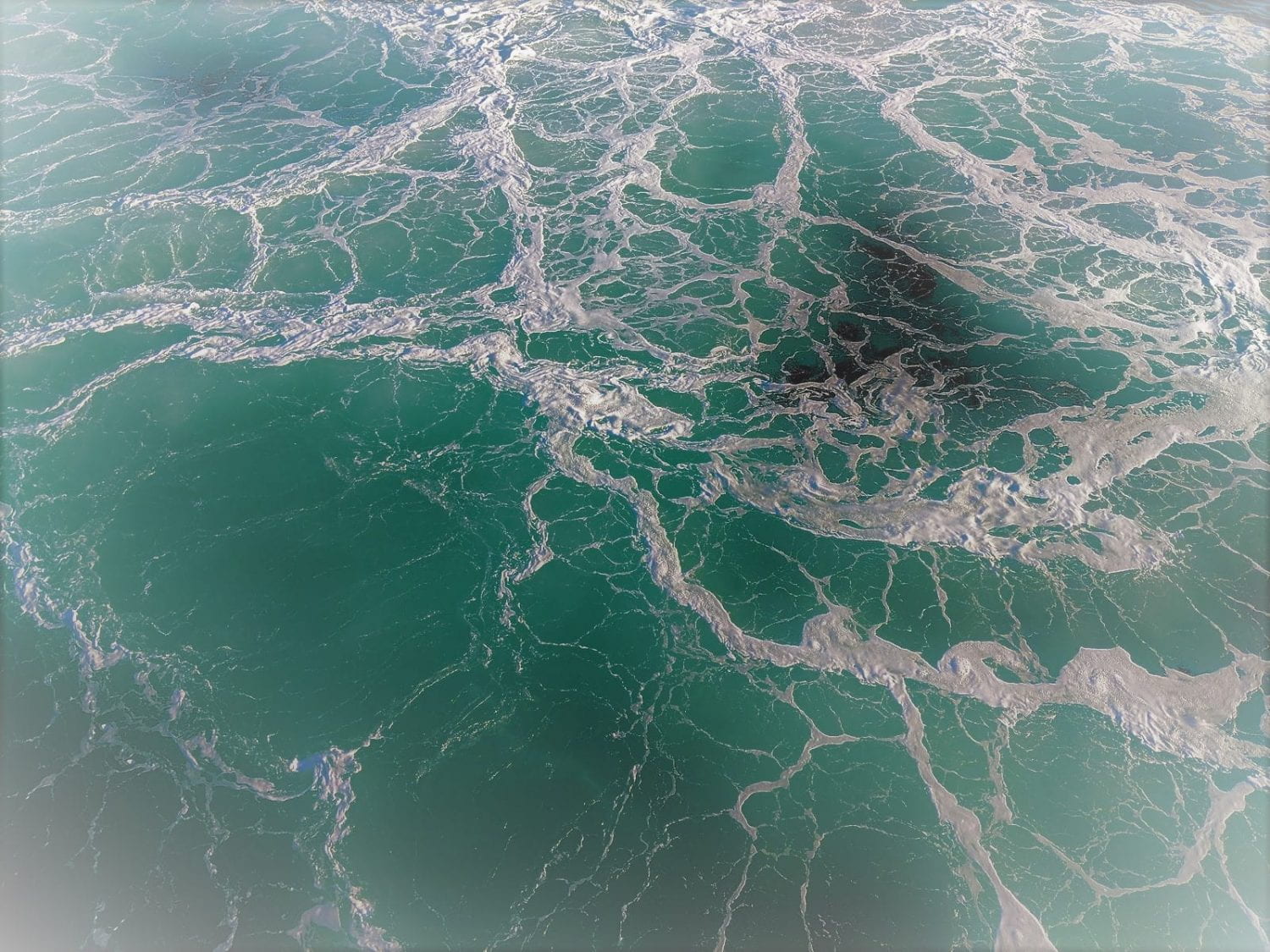The effect of climate change on glacier ablation and baseflow support in the Nooksack River basin and implications on Pacific salmonid species protection and recovery
Item
-
Title
-
The effect of climate change on glacier ablation and baseflow support in the Nooksack River basin and implications on Pacific salmonid species protection and recovery
-
Description
-
Research article about the effect of climate change on the hydrology of the Nooksack River. It focuses on how glacial melt changes river flow and water temperature and affects salmon. It discusses the collaboration between the Nooksack Indian Tribe near Deming, Washington, government agencies, and scientists to plan for habitat restoration.
-
Abstract
-
The Nooksack Indian Tribe (Tribe) inhabits the area around Deming, Washington, in the northwest corner of the state. The Tribe is dependent on various species of Pacific salmonids that inhabit the Nooksack River for ceremonial, commercial, and subsistence purposes. Of particular importance to the Tribe are spring Chinook salmon. Since European arrival, the numbers of fish that return to spawn have greatly diminished because of substantial loss of habitat primarily due to human-caused alteration of the watershed. Although direct counts are not available, it is estimated that native salmonid runs are less than 8 % of the runs in the late 1800’s. In addition, climate change has caused and will continue to cause an increase in winter flows, earlier snowmelt, decrease in summer baseflows, and an increase in water temperatures that exceed the tolerance levels, and in some cases lethal levels, of several Pacific salmonid species. The headwaters of the Nooksack River originate from glaciers on Mount Baker that have experienced significant changes over the last century due to climate change. Melt from the glaciers is a major source of runoff during the low-flow critical summer season, and climate change will have a direct effect on the magnitude and timing of stream flow in the Nooksack River. Understanding these changes is necessary to protect the Pacific salmonid species from the harmful effects of climate change. All nine salmonid species that inhabit the Nooksack River will be adversely affected by reduced summer flows and increased temperatures. The most important task ahead is the planning for, and implementation of, habitat restoration prior to climate change becoming more threatening to the survival of these important fish species. The Tribe has been collaboratively working with government agencies and scientists on the effects of climate change on the hydrology of the Nooksack River. The extinction of salmonids from the Nooksack River is unacceptable to the Tribe since it is dependent on these species and the Tribe is place-based and cannot relocate to areas where salmon will survive.
-
volume
-
120
-
issue
-
3
-
pages
-
657–670
-
Date
-
05 April 2013
-
Language
-
EN
-
doi
-
10.1007/s10584-013-0747-y
-
issn
-
0165-0009
-
Publisher
-
Climatic Change
